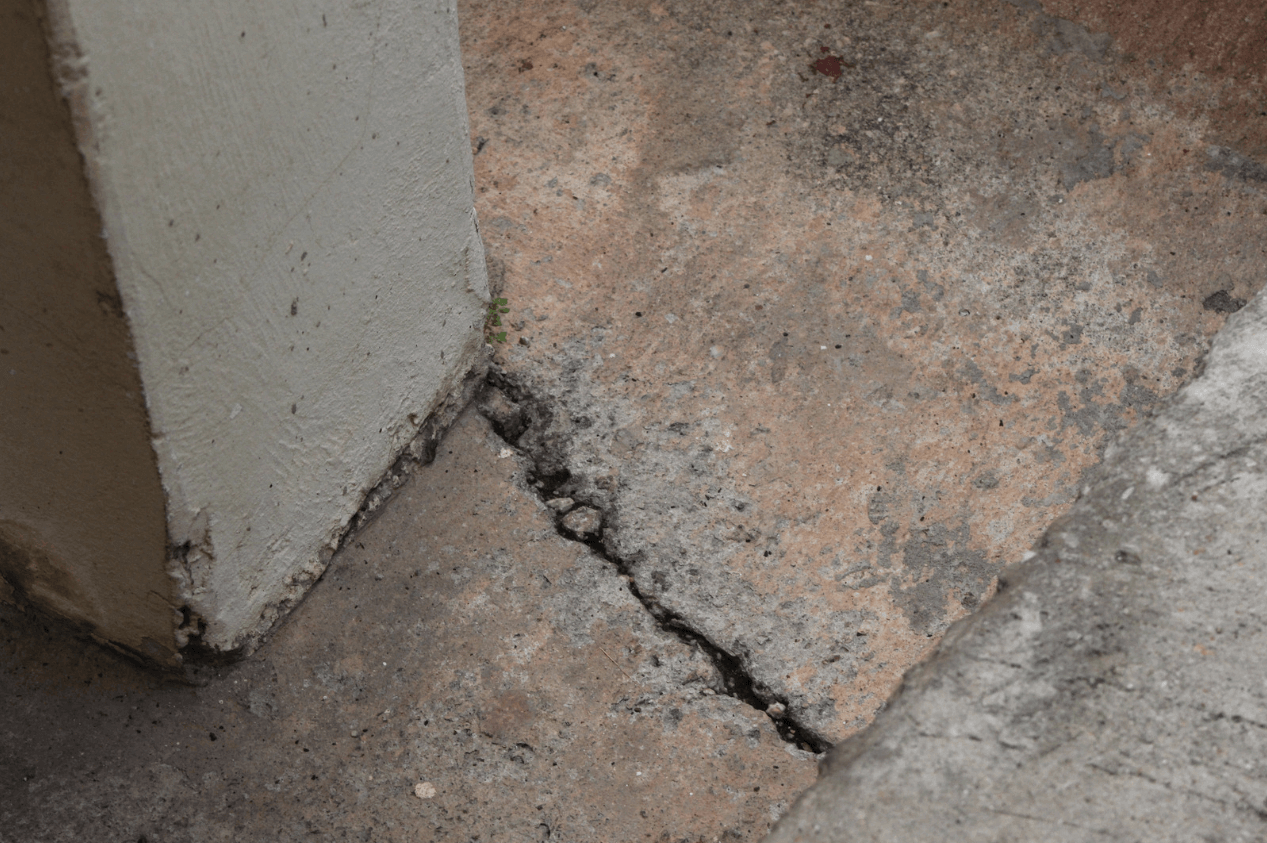What Factors Affect the Real Estate Market?

What Factors Affect the Real Estate Market?
Real estate is affected by various factors and understanding them is crucial for both buyers and sellers. Here are the main factors that affect it.
Factors That Affect the Real Estate Market
1. Economy
Employment
The health of the local job market directly affects its real estate market. If the employment rate is high in an area, the demand for housing will be higher. On the other hand, job losses can cause a slowdown in real estate, as demand for housing cools.
Interest Rates
Arguably the biggest factor affecting real estate are interest rates. Simply put, when interest rates are low, not only can buyers obtain loans easier, but they can also qualify for higher loan amounts. This increases the demand for houses, which, in turn, raises the property value.
Inflation
Inflation means that over time, things get more expensive, and your money buys less. In real estate, inflation increases property prices, which is good for the seller but not for the buyer.
2. Demographics
Demographic factors, such as population growth and age distribution, can have a significant impact on the real estate market.
As more people move into an area, the demand for properties increases. This surge in demand increases property prices.
Millennials prefer starter homes. Gen Xers are currently at their peak of career life and will have the money to afford large, luxury properties. Baby boomers prefer smaller properties as they are more practical and manageable.
3. Government Policies
Government policies and the real estate market are interlinked. Here’s how:
- Tax incentives for homeownership increase demand through added affordability.
- Zoning laws dictate how land can and can't be used. If the zoning regulation in a desirable location is stringent, expect the property prices in that locality to be higher.
- During a recession, the government may offer stimulus programs that directly or indirectly impact the real estate market. Initiatives such as first-time homebuyer tax credits can increase demand and provide a boost to the housing sector.
4. Market Supply and Demand
Market supply refers to the total number of properties available for sale in an area. Land availability, construction costs, and government regulations affect supply. Market demand refers to the ability of buyers to purchase properties in that market.
If the supply is more than the demand, the price of properties will decrease. If the supply of available properties is less than the demand for properties, prices will increase.
5. Property Location
Here are the factors related to property location that affect the real estate market:
- Easy access to amenities: People like convenience. So, properties with easy access to hospitals, shops, restaurants, schools, etc., are going to be higher in demand making them more expensive.
- School: The reputation and quality of local schools influence the desirability of a neighborhood.
- Safety: Low-crime neighborhoods are also more appealing because everyone wants to live where they feel safe and secure.
- Scenic views, Beaches and natural surroundings: If your property has a great view or is close to nature spots like parks and Beaches, it's a bonus. People are always willing to pay more for a nice view or easy access to the Beach.
- Climate: Regions with pleasant climates are also more desirable, as they offer comfortable living conditions throughout the year. Properties in areas with extreme temperatures and frequent storms can be less desirable.
- Noise levels: Properties near noisy areas like highways and airports are usually cheaper. However, you have to deal with the continuous roar of cars and the constant drone of flights.
FAQs
Do natural disasters impact property value?
Yes. Properties in areas prone to natural disasters usually sell for lower prices. Climate change concerns like rising sea levels can also impact property value.
How do local infrastructure developments impact property values?
Investments in infrastructure like new highways and public transportation can make a location more appealing.
Do marketing-related factors affect the price of a property?
Of course, yes. Effective marketing can enhance the desirability and visibility of a property, attracting more buyers. As demand increases, the price of the property will go up.
The Final Word
Economic factors, demographics, government policies, market supply and demand, and property location can impact the real estate market. If you're planning to sell your home or buy a new one, knowing these factors can help you make the right choice.
If you need help selling a house, get in touch with Everyday Home Buyer. We buy your property as-is and pay for all your closing costs. Rest assured, we never offer more than we intend to pay, so you don't have to worry about price reductions before closing.
Search
Recent Blog
-

The Pros and Cons of a Cash Offer on a House
Jun 11, 2025 -

-

-

How to Sell a House with Foundation Issues
Jan 08, 2024 -

My Property Has Suffered Water Damage, Now What?
Jan 02, 2024
Get a Cash offer on Your House Today
Contact us for a FREE, no-obligation consultation. Everyday Home Buyer simplifies the process!
